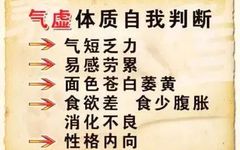People often ask me: Is Qi deficiency the same as Yang deficiency?
Generally speaking, in clinical practice, Qi deficiency and Yang deficiency often coexist, also known as Yang Qi deficiency. Both Qi deficiency and Yang deficiency belong to cold syndromes, but they differ in severity—Qi deficiency is relatively mild, while Yang deficiency is more severe and usually develops gradually from Qi deficiency.
Qi deficiency can be understood as a cold tendency, but it does not generate cold. Yang deficiency, on the other hand, often leads to the generation of cold.
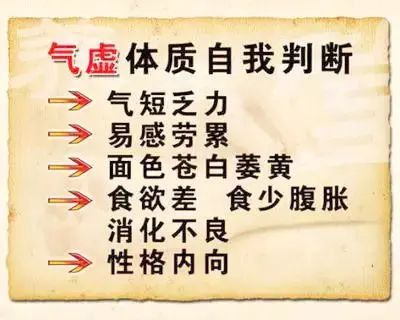
Therefore, Qi deficiency is a gradual progression towards Yang deficiency, while Yang deficiency represents the extreme of Qi deficiency. For example, Qi deficiency is like a person feeling cold in late autumn and needing to wear clothes, whereas Yang deficiency is like a person feeling cold in the harsh winter, even when dressed warmly, still needing to sit by the stove to feel comfortable.
Qi plays a role in the body by promoting, defending, securing, and transforming. Therefore, after Qi deficiency, it generally manifests as functional issues—shortness of breath, fatigue, dizziness, cold limbs, spontaneous sweating, pale complexion, pale tongue with little coating, and weak pulse.
When these symptoms occur, tonifying Qi is the primary method of adjustment, and formulas such as Si Jun Zi Tang (Four Gentlemen Decoction) and Bu Zhong Yi Qi Tang (Tonify the Middle and Augment the Qi Decoction) can be used for treatment.
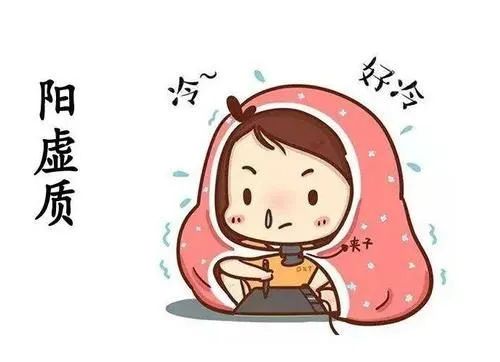
In Traditional Chinese Medicine (TCM), all five organs can potentially exhibit Yang deficiency, but kidney Yang deficiency (Shen Yang Xu) is particularly significant.
We know that Yang deficiency arises from the further decline of Qi function. Therefore, Yang deficiency primarily manifests as insufficient warmth.
Patients with kidney Yang deficiency often experience cold intolerance, cold extremities, fatigue, a preference for lying down and excessive sleep, spontaneous sweating, abdominal cold pain, clear diarrhea, impotence, and premature ejaculation.
For kidney Yang deficiency, we need to adopt warming and tonifying methods for treatment, commonly using formulas such as Jin Gui Shen Qi Wan (Kidney Qi Pill from the Golden Cabinet), You Gui Wan (Right Restore Pill), You Gui Yin (Right Restore Decoction), and Zhen Wu Tang (True Warrior Decoction).
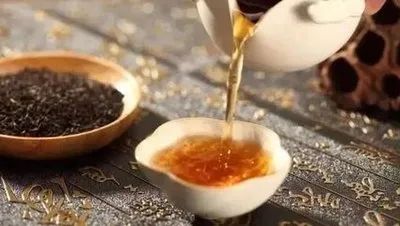
Additionally, in clinical practice, most Yang deficiency cases do not occur in isolation; they often accompany blood deficiency (Xue Xu) and Yin deficiency (Yin Xu), resulting in complex conditions such as Qi and blood deficiency or Yin and Yang deficiency. Therefore, it is necessary to use methods to tonify Qi and nourish blood, as well as to nourish Yin and warm Yang under the precise differentiation of a qualified TCM physician.
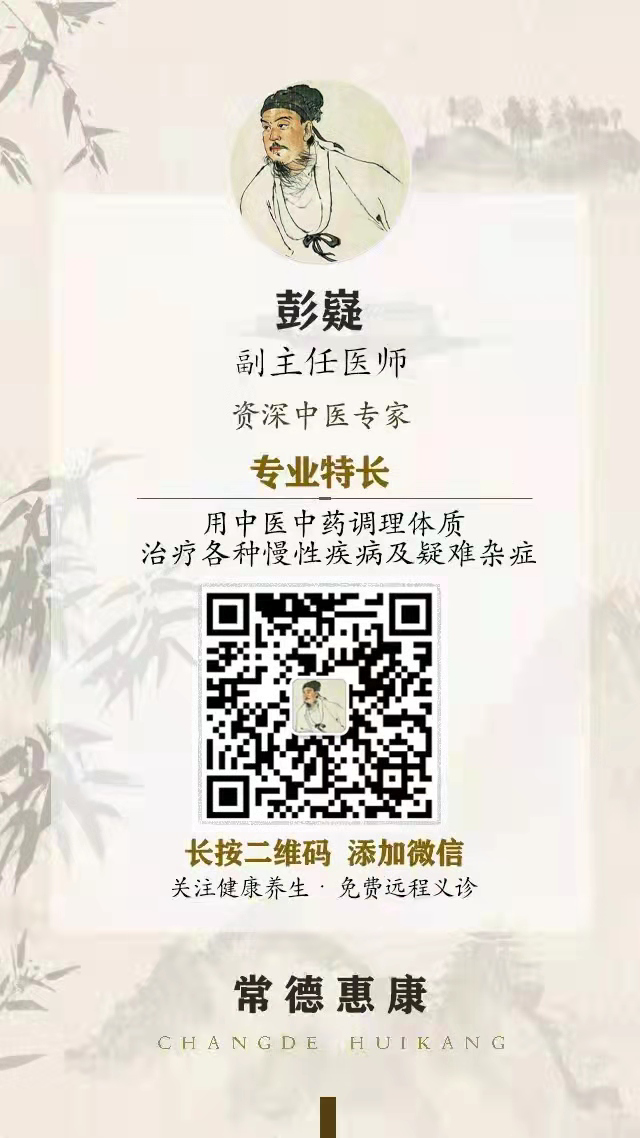
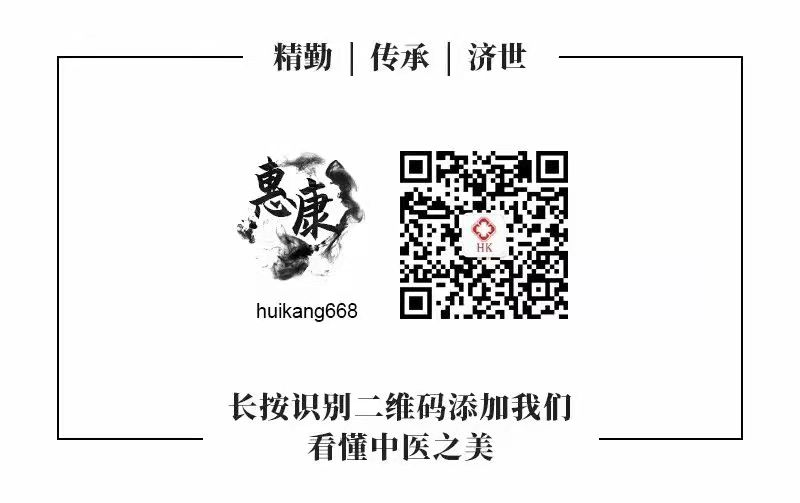
Previous Highlights
1. The Relationship Between Liver Fire and Insomnia
2. What Does It Mean When the Knees Are Always Cold?
3. TCM Treatment for Atrophic Gastritis
4. TCM Treatment for Chronic Pancreatitis
5. How Does TCM Treat Lung Nodules?
6. What Preparations Should Be Made Before Visiting a TCM Practitioner?

